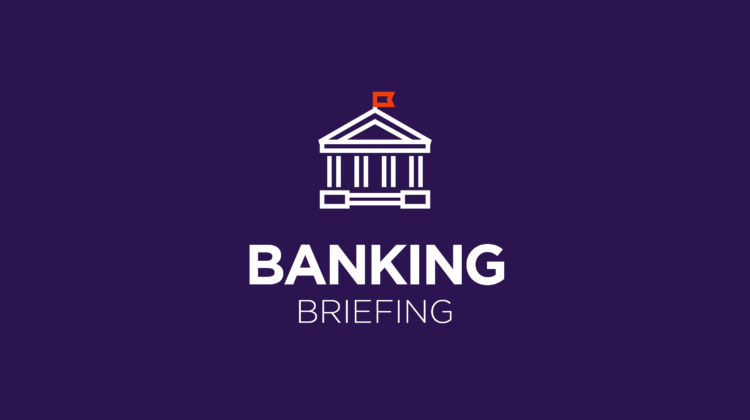Member Exclusive, New banks
Banking Briefing: Open banking in Africa & how to make finance fun
- Can open banking solve financial inclusion across Africa?
- Plus, can finance ever become something ‘fun’?








